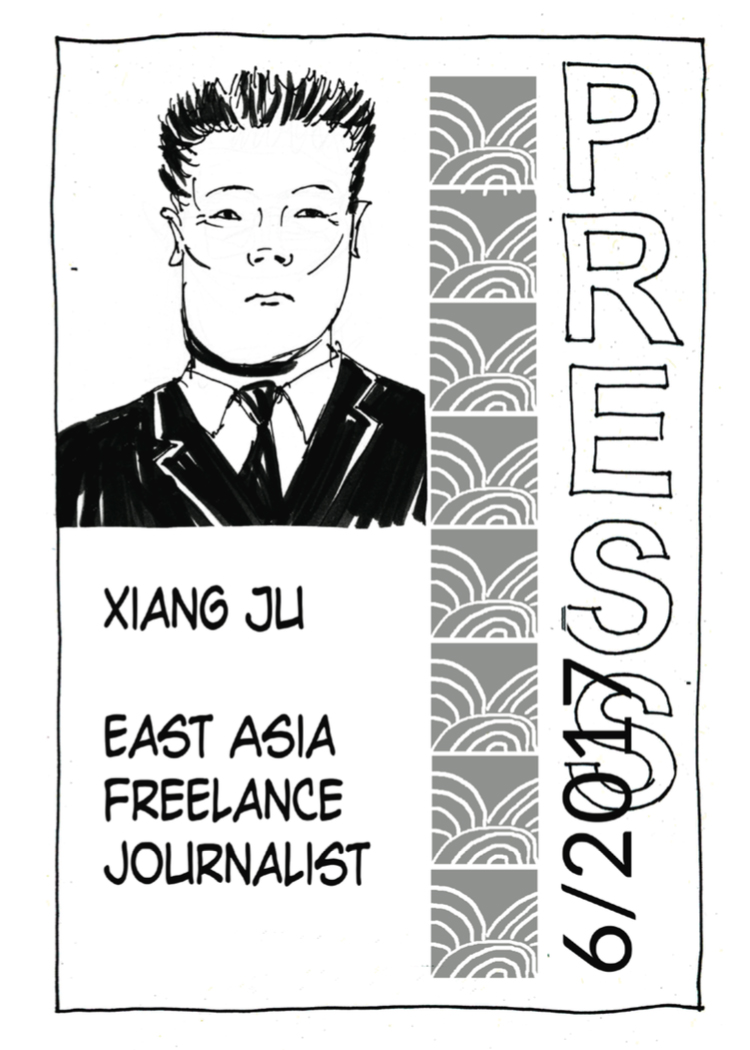Xiang Ju
The Lead

One night, a loud “boom” awakens you. From your apartment window, you can see buildings on fire. Within minutes you can smell a strong odor, even though the explosion was a few kilometers away.
You grab your gear and drive to the explosion site. Some firefighters and survivors let you know that the explosion came from a factory that stores tons of deadly sodium cyanide.
You know from the previous reporting that the owner of the plant has strong ties to the government and that authorities would be anxious to silence the story.
The Investigation
You are concerned by the strong chemical odor and suspect that the cyanide is leaking into the air. The mayor denies there is a leak and suggests the odor is coming from building materials.
A local firefighter, however, confirms the leak and reveals that the plant has failed several safety inspections. The government has ignored those reports.
The Confrontation
You have gathered enough evidence to report the story and begin pitching it to some editors of international outlets.
Meanwhile, you receive a call from a government official threatening subversion charges against you and your family members if you report the story. This could mean jail time for your elderly parents and a younger brother who is in his first year at university.
The Decision
You meet with an editor from a large international media outlet, who tells you that the outlet will publish your story on its website. However, the editor warns that the country’s internet firewall will likely block the country’s access to your articles.
Furthermore, the government is likely to follow through on the subversion charges. The outlet would expose any government retaliation, but it would not be able to protect you.
What do you do?
